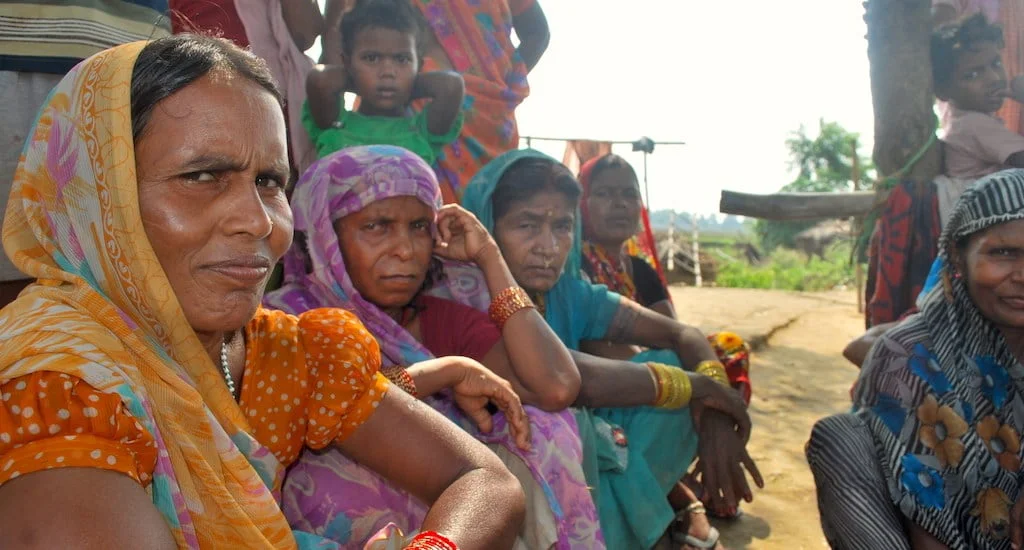India takes pride in its abortion laws. In September 2021, the Medical Termination of Pregnancy (Amendment) Act came into force, extending the upper limit for abortion from 20 to 24 weeks. India was lauded just as the United States of America’s laws seemed to be taking steps backwards.
India was lauded just as the United States of America’s laws seemed to be taking steps backwards.
However, over two years have passed since, and what comes to mind is a question: are these laws really effective? Do Indian abortion seekers feel safe and secure whilst getting an abortion?
Monetary aspects of an abortion
Hitasha was twenty years old when she had an abortion from a posh hospital in Vaishali, Uttar Pradesh. She paid a hefty bill of Rs. 10,483. The hospital refused to perform the service unless she purchased an ‘abortion package’.
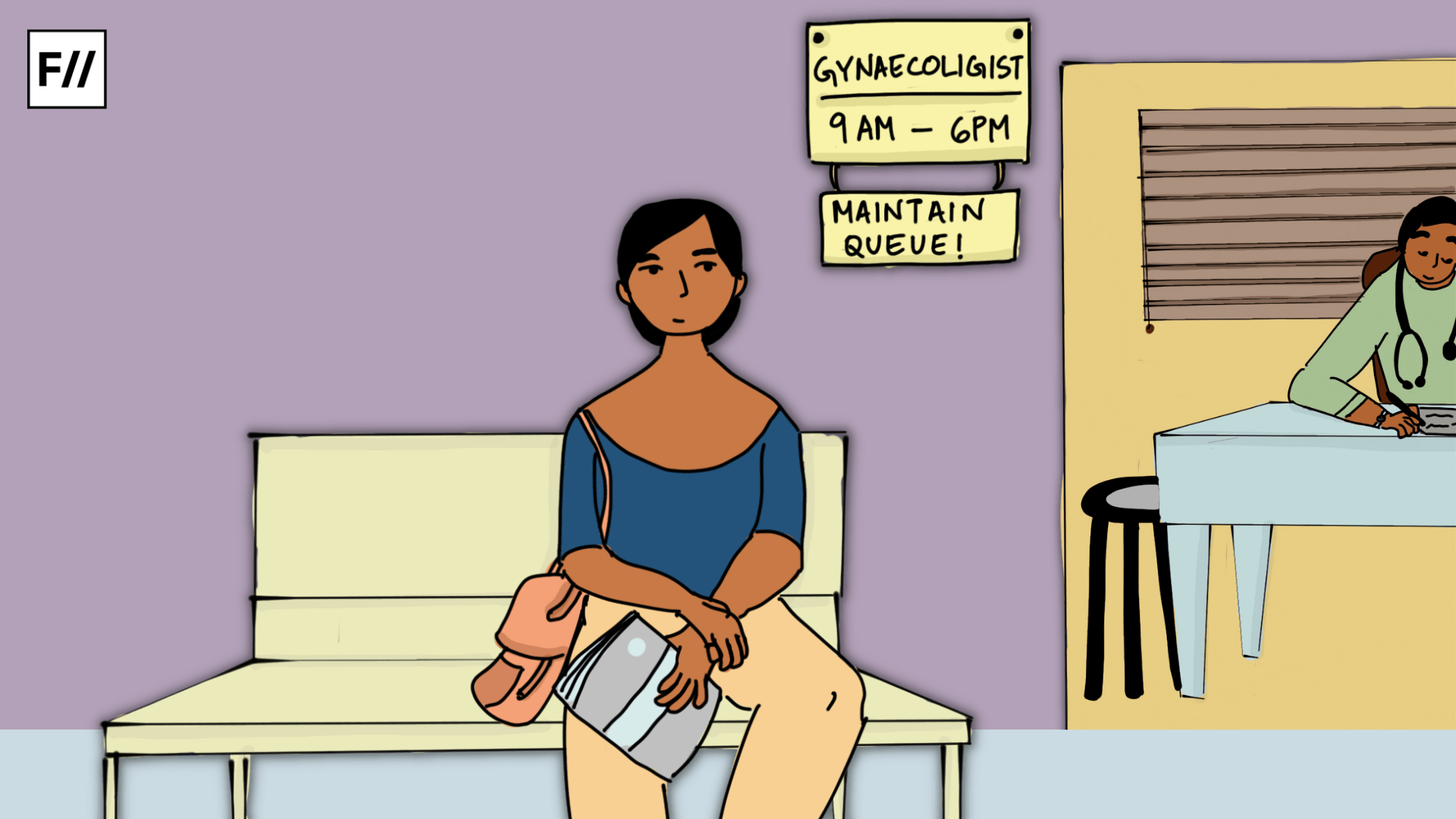
‘It was the hardest thing I have ever had to go through’, Hitasha, now 22, says. ‘The room, the caregivers, the hospital staff- everyone was rude and cold. It was hard to process- I was being offered a “package” as though it was some sort of game. It was a take-it or leave it offer.’
‘We fall into this grey area where it feels like we barely have rights. You have access to abortions, but when something goes wrong, no one seems to support you, or attempt to help.‘
Hitasha, 22
‘We fall into this grey area where it feels like we barely have rights. You have access to abortions, but when something goes wrong, no one seems to support you, or attempt to help. The tablets (mifepristone and misoprostol) in themself (sic) cost only Rs. 300, but there was no way out to simply get them. A friend even advised me to purchase them illegally. My partner and I however, ended up borrowing money from our friends as neither of us could ask our parents.’ says Hitasha.
Cut to rural areas in the country, stigma coupled with the lack of resources and awareness deepens the problem. Thirty five year old Anant and his wife Amoli (names changed) faced it all when she found out she was eleven weeks pregnant. The couple were separated at the time and given their economic situation were unwilling to have another child. Anant works as a bus driver in a local school in Bihar, whilst Amoli works as a domestic help.
When she started bleeding more heavily than expected, there was no way for her to consult a doctor.
As an easy way out, Amoli resorted to procuring the abortion pills “illegally” after an agonising experience at the hospital. When she started bleeding more heavily than expected, there was no way for her to consult a doctor.
‘We live in a remote village and the travel distance and high consultation fees limit our access’ she adds. Travel remains a key factor of how reproductive rights and bodily autonomy work out.
Mental health- India needs to get rid of moralism
India’s abortion laws are generally perceived to be liberal but a deeper investigation leads to reveal that terminating a pregnancy is still an anxiety- inducing procedure for an abortion seeker.
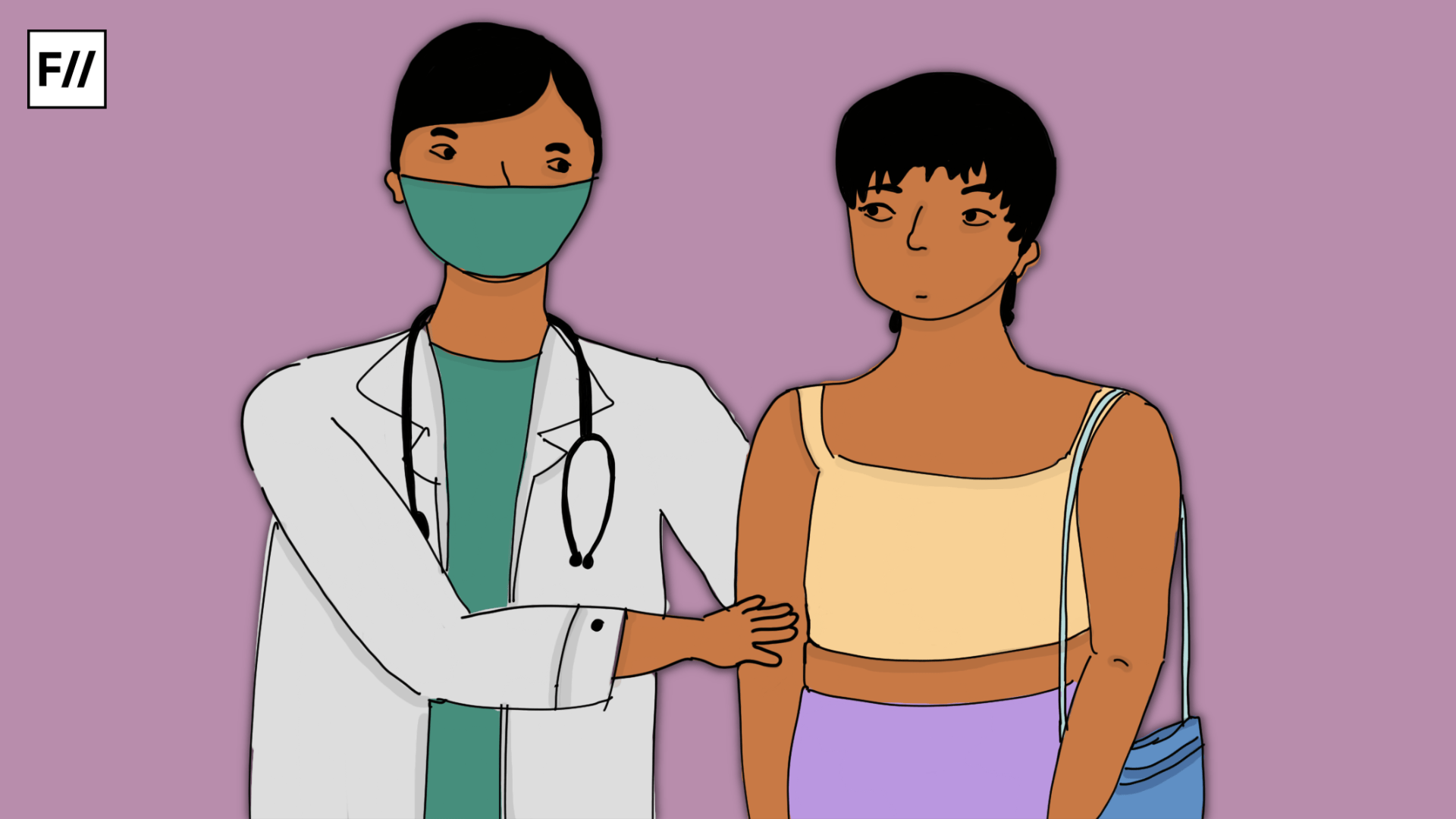
Hitasha also mentions an aspect of the abortion that everyone feels differently- grief. ‘Nobody ever asked me how I was doing mentally. No one has an abortion simply because it is the easiest option. Women who have abortions are not monsters. It’s like a lamb whose leg has been stuck in a fence, and then it has to be sawn off. The grief isn’t a linear process, but it comes and goes in waves. I wish women had more spaces to talk about abortions in public, without the fear of being judged.’
When Hitasha was in pain after taking the pills, the Doctor asked her to ‘not take her viva’ and ‘do what she was told’. The only person whose help Hitasha was able to seek in those moments was her partner.
In Amoli’s case, she did not even have the privilege to process how terribly she was being treated. ‘The doctors kept referring to the foetus as a tumour as it was taboo to mention the word pregnancy in our locality. We were shamed for our choices despite not having adequate resources to have another child.’ says Amoli. ‘It brings me a lot of pain even to recall this incident. I have tried to remove it from my memory. The hospital staff looked at me with so much disdain. I have never felt so ashamed.’
The gynaecologist made the situation tense by repeatedly asking him for consent, despite the fact that Amoli was constantly and firmly reiterating that she had made her decision.
Anant, her husband, had a moral dilemma with regard to having an abortion in the first place. The gynaecologist made the situation tense by repeatedly asking him for consent, despite the fact that Amoli was constantly and firmly reiterating that she had made her decision. ‘I was afraid of what my body would feel, but I knew what I wanted. I already have children. My sons are 14 and 11 years old. I want to educate them so they do well, and have only limited money. I want my family to be well fed. We only get to save Rs. 500 every month. Was I wrong?’
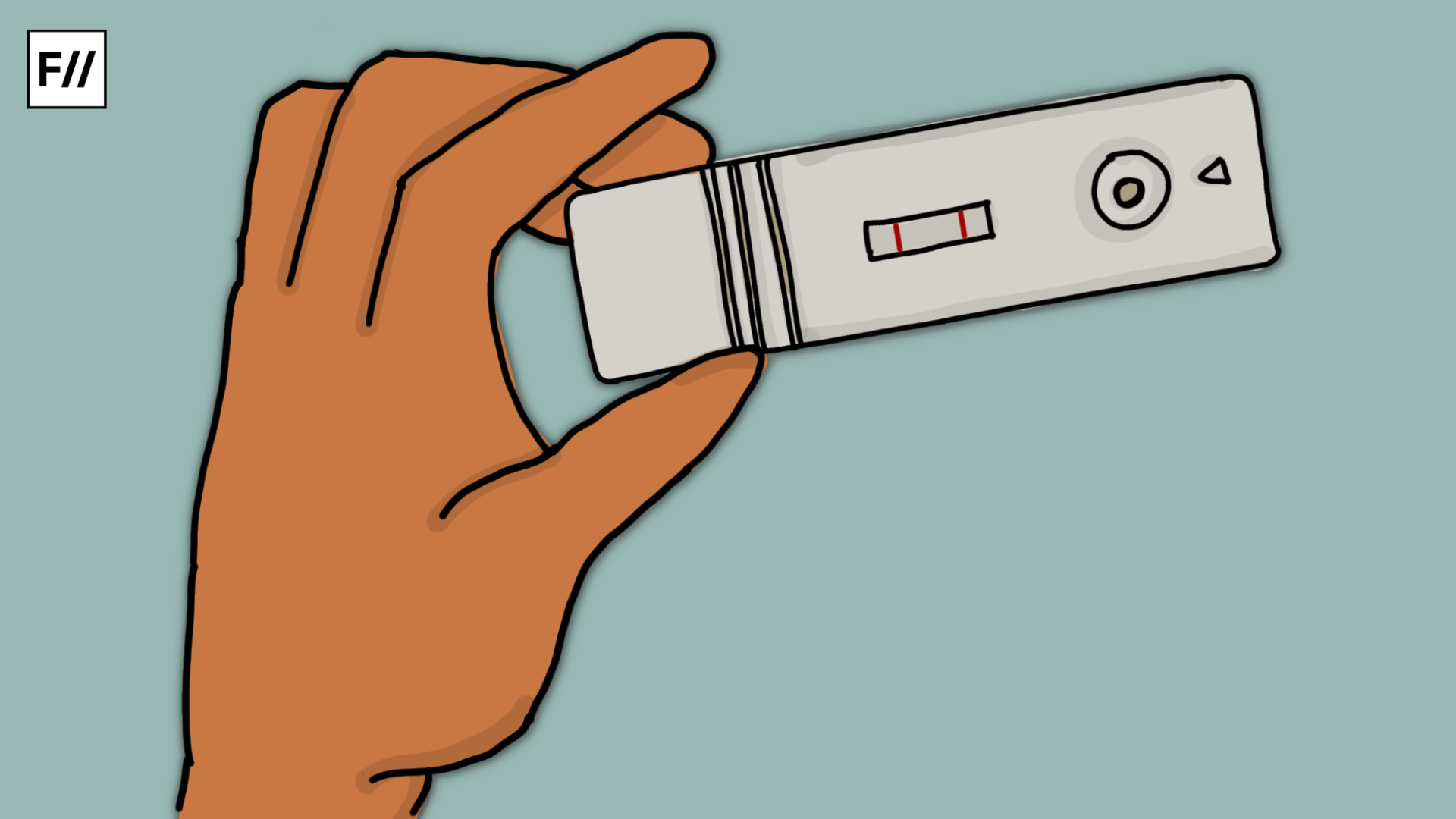
Amoli was also forced to produce her aadhar card on a digital medium without which the procedure would be declined to her. ‘It was a violation of my privacy.’ The denial of abortions due to the lack of digital identity is in violation of the Supreme Court law.
The issue is embedded
Women’s access to any form of healthcare reveals a deeply rooted gender bias. The trend, even in India, is of a lower number of women and trans people accessing clinics and hospitals in comparison to men.
As per the National Health Survey 2020, over a quarter (27%) of all abortions in India are performed by abortion seekers in their homes.
As per the National Health Survey 2020, over a quarter (27%) of all abortions in India are performed by abortion seekers in their homes. Out of these, 16% end up grappling with severe health complications.
Access to abortion is a social and economic issue as much as it is a legal one. ‘Barely any women talk openly about their mental health and trauma post the abortion due to the fear of being judged’, says gynaecologist Dr. Nidhi Agarwal adding that sex education is not given its due importance in the curriculum in India. ‘Unless we take the shame out of sex, we will not take the stigma out of abortion.’
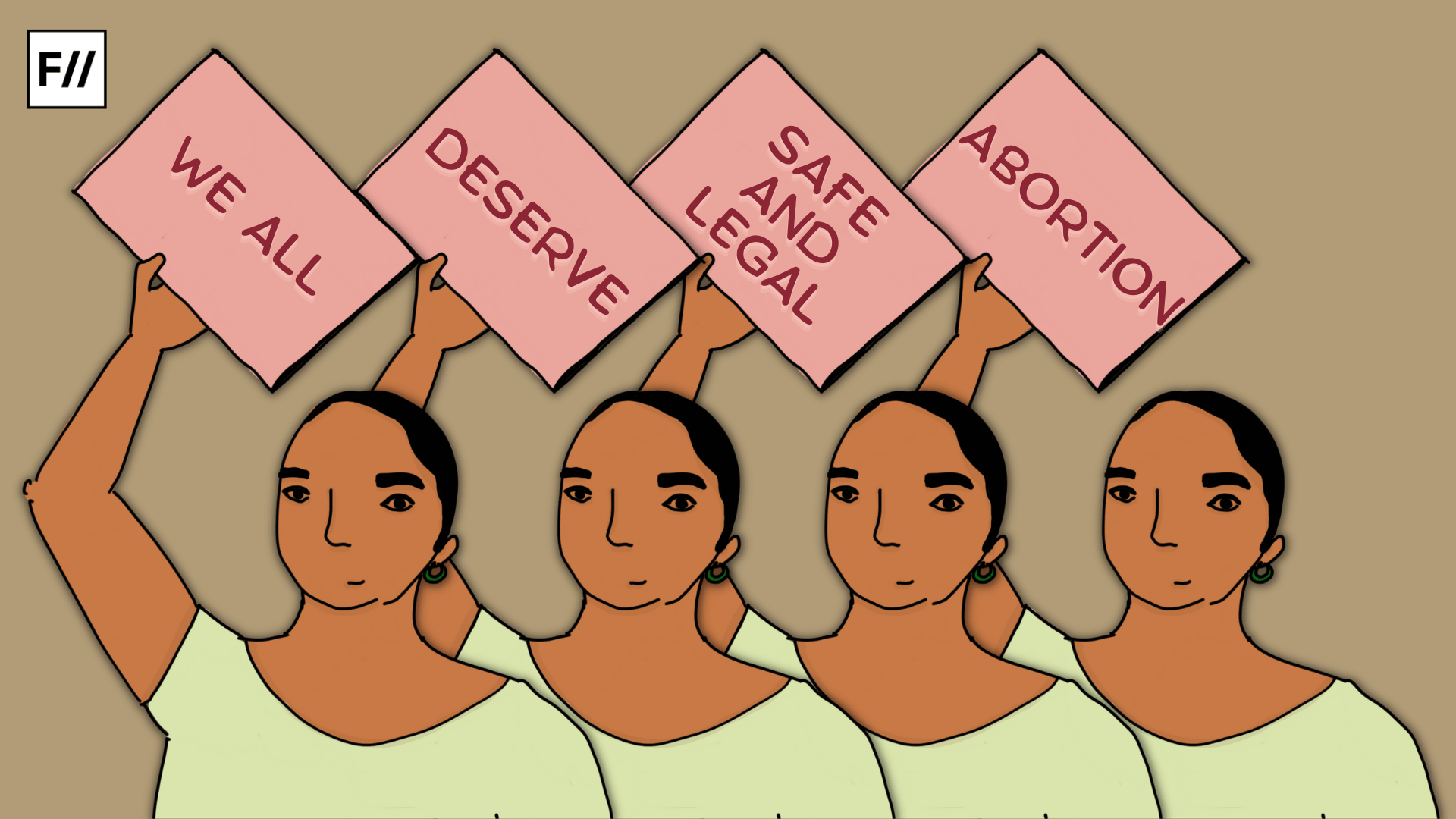
For many abortion seekers, there exists a constant soul-crushing fear in getting an abortion. Perhaps instead of following the conventional process where the dialogue surrounding abortion is purely moralistic, we should instead change the way the subject is approached. We must really be ‘pro-voice’ as suggested by Aspen Baker, in her 2015 book Pro-Voice. We need to hear people speak about their pain and trauma both during and after the procedure. We need to emphasise on their mental health. We need to have dialogue, in order to bring forth accessibility.
About the author(s)
Treya covers art, culture, climate and the environment. She has aspired to be a journalist ever since she was little. She has reported for The Hindu and Deccan Chronicle among others and explores how feminism takes root in everyday life by leading sessions with young people on gender, digital safety and the "good girl" syndrome.




